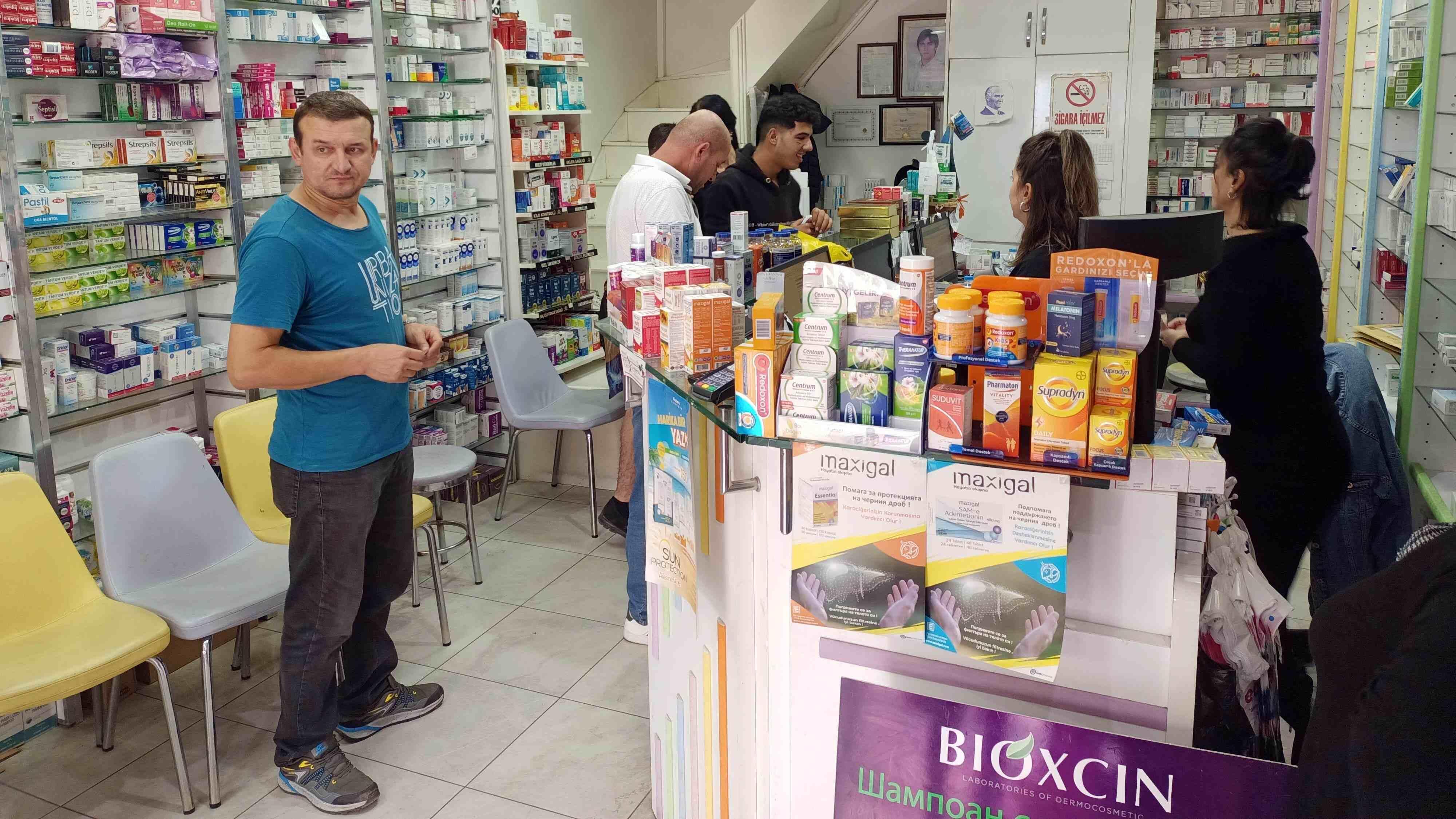
The northwestern border city of Edirne, nestled between Bulgaria and Greece, is experiencing a noticeable influx of tourists, who are not only drawn to the city for shopping due to favorable exchange rates but are also creating a surge in demand for over-the-counter medicines and food supplements.
Shopping centers and pharmacies in Edirne have become bustling hubs, with citizens from neighboring countries relying on local pharmacies, particularly for preventive medicines and supplements to combat common colds.
Gürkan Kılıçcıgil, the head of the Edirne Chamber of Pharmacists, highlighted the rising interest of tourists in seeking healthcare products during their visits.
"Bulgarian tourists have been increasingly visiting Edirne, especially in the past two-three years, mainly due to the exchange rate difference. We host many Bulgarian citizens, particularly on weekends, who now fulfill their health-related needs from pharmacies in Edirne," said Kılıçcıgil.
He emphasized that the affordability of certain medicines in Türkiye compared to their home countries is a significant factor driving tourists to local pharmacies.
Vitamins and food supplements have witnessed a sharp uptick in demand, with tourists seeking various supplements, especially for common ailments like colds.
"The demand for vitamins and food supplements surpasses that of medicines. Bulgarian citizens are particularly interested in a wide range of food supplements used for different health needs," Kılıçcıgil added.
Despite the noticeable surge, Kılıçcıgil reassured residents that the increased demand from tourists is not expected to disrupt the supply-demand balance in the city. He pointed out that Bulgaria, with a population of 7 million, is "unlikely to strain the resources of Edirne, a city in a country of 90 million people," he said.
Kılıçcıgil also shed light on the pricing dynamics, explaining that medicine prices are determined based on the euro exchange rate. While these rates used to be calculated annually, the Health Ministry has started evaluating them twice a year, with the last update in July. Another revision is anticipated in December, especially in light of prevailing high inflation rates.